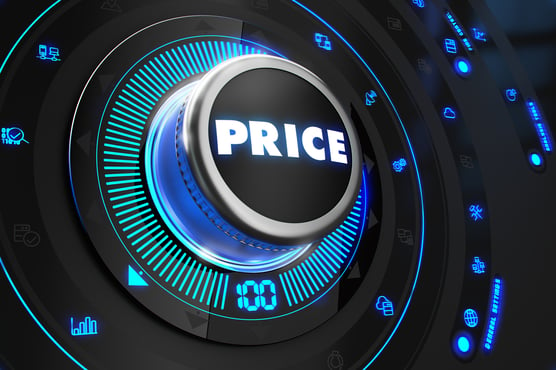
If and when you start the process of selling your company, the determination of the right price is a critical component. How do you determine a reasonable figure that recognizes all the factors that make up value, including sales, profit margins, marketplace, industry, employees, capitalized investments, expenses, and all the hard work you have put into it over the years? What about the timing? Are you in a hurry to liquidate or do you have the luxury of waiting for several months or a year to find the right buyer?
Here are a few important considerations to take into account that will help get you started:
Don't just base your asking price on recent comparable sales in your local or regional area. Every business is different, regardless of its similarity to other companies. Yes, you should take time to review these as a possible source, however, there are likely differences to consider, including reputation, goodwill, number of years in operation, annual sales, location, and other factors that can affect the overall valuation of your particular business.
If you're thinking about selling your business within a short timeline, 60-90 days, for example, you likely won't be able to realize 100% of the fair value. You may need to settle for a lower price given the limited exposure in the market and less interest generated as a result. Unless you can afford to extend the marketing plan for a longer period, you will need to temper your expectations and adjust the price you are willing to accept in this scenario.
Is your business in a specialized market? How many potential competitors or investors in your industry can you think of that may have an interest in acquiring your company? This factor can work both for and against you. For example, if you are one of several similar businesses in your marketplace, you may be able to quickly find a potential buyer, however, the price level may not be as high or negotiable as you would like it, given the number of competitors. On the flip side, if you have a unique operation that only a few other companies may show an interest in nationwide, you can take advantage of the specific intangible value your business will bring to a buyer but it could be a more difficult negotiation trying to place a value on the many variables at play.
Regardless of where your company falls in this framework, it is important to obtain an independent business valuation to arm yourself with a supportable unbiased assessment you can disclose to buyers at the right time. This step should be taken as early as possible to better enable you to understand the right approach to setting a price to sell. A business appraisal also provides you with insights into your business, including areas that need improvement as well as the strengths that drive value. You may even want to take the time to make certain changes in company structure as a result of the valuation and then determine the right time to go to market. A business appraiser can also provide insights into the current market and industry, which may influence your timing and decision-making.
By considering these factors before entering the resale market, you can determine the best approach to selling your business at the right price.